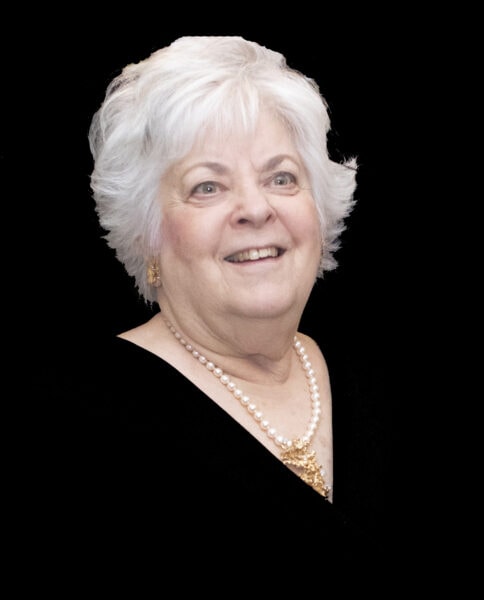
Roberta Marx Delson
Roberta “Bobbie” Alice Marx Delson died suddenly and unexpectedly on February 11, 2025, just months short of her 80th birthday.
Born and raised in Queens, New York City, Bobbie developed an interest in Latin America through a childhood friend from South America. She attended Syracuse University, earning a BA in international relations through the Maxwell School of Citizenship and Public Affairs. She graduated cum laude in 1966 and was elected to Phi Beta Kappa.
In 1966, she entered Columbia University in the Department of Anthropology, supported by a “National Defense” Foreign Language Fellowship in Portuguese. She met her future husband, Eric Delson, early in that academic year; he was a PhD student in paleontology. In the summer of 1967, with Ford Foundation funding, Bobbie traveled to Brazil, where she undertook a study of the Jewish community of Porto Alegre. It was just after the Six-Day War and the community was beginning to open up to gentiles, so she developed a questionnaire to elicit their changing views. She wrote up the results for her MA in anthropology. She moved to the history department for her PhD, under the tutelage of Bradford Burns. After archival research in Portugal and Brazil, she wrote a dissertation on town planning in colonial Brazil, supervised by John Mundy and Herbert Klein.
Bobbie began teaching history at Rutgers University–Newark in 1972 and was appointed assistant professor after defending her dissertation in 1974. Also in 1974, Bobbie gave birth to William Charles Delson, and the family moved to Fort Lee, New Jersey, midway between Rutgers and Eric’s job at Lehman College, CUNY. At Rutgers, she taught introductory history courses and upper-division classes on Latin America, Brazil, and the Caribbean, as well as city history and urban planning, which were taken by students in the schools of architecture and engineering. She served as associate director and acting director of the Institute of Latin American Studies at the main campus in New Brunswick.
Bobbie left Rutgers in 1981. She taught briefly at Princeton University and spent 10 years at the US Merchant Marine Academy in her hometown of Kings Point, New York, and 12 years as an adjunct associate and full professor at Drew University. After this, she formally retired from teaching undergraduates, which she loved—and they loved her. She was appointed a research associate in anthropology at the American Museum of Natural History (AMNH), a position she held with pride. She was a longtime member of the Columbia University Seminar on Brazil, which she co-directed for many years. In 2016, following the death of her mother, Bobbie and Eric moved to the family home in Kings Point, where she passed away this February.
Bobbie’s dissertation was published in 1979 as New Towns for Colonial Brazil: Spatial and Social Planning of the Eighteenth Century (Dellplain Series in Latin American Studies, Syracuse University Department of Geography); it was translated into Portuguese as Novas Vilas para o Brasil-Colônia and published in Brazil in 1998. She demonstrated that colonial administrators laid out backlands towns, refuting the “standard” view of an unplanned Brazil. She edited a collection, Readings in Caribbean History and Economics: An Introduction to the Region (Gordon and Breach, 1981), and built on that work to edit an eight-volume series titled Caribbean Studies.
She wrote 25 major papers that reflect the wide range of her historical interests, mainly on colonial and imperial Brazil: town planning and its visual record, landscape conservation (often co-authored with John Dickenson), training of military engineers, canoe shipping on the Amazon (and canoe mechanics), the textile industry, and indigenous dress. Farther afield, she wrote on 19th-century sugar production; polycystic ovary syndrome; ethnicity and migration of global textile workers; a plea for comprehensive Caribbean history; and, most recently, aspects of the AMNH and “scientific Pan-Americanism” in the early 20th century. She also published numerous encyclopedia entries, book reviews (including 92 in Choice, from the American Library Association), and a survey of historic New Jersey school buildings with recommendations for preservation and reuse.
Her final project is a book-length treatment of the multifarious roles of AMNH curators and other staff during World War I, which will be published posthumously by Springer Science. Bobbie is survived by Eric, William, daughter-in-law Lisa, and extended family members.
Eric Delson
American Museum of Natural History
This work is licensed under a Creative Commons Attribution-NonCommercial-NoDerivatives 4.0 International License. Attribution must provide author name, article title, Perspectives on History, date of publication, and a link to this page. This license applies only to the article, not to text or images used here by permission.